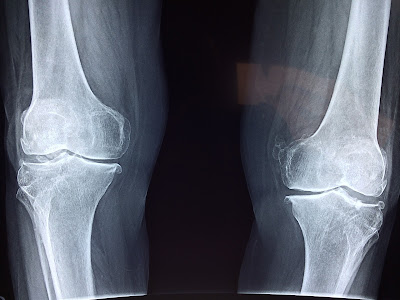A survey by the National
Osteoporosis Society found that four in 10 people between the ages of 18
and 24 have tried a clean-eating diet, in which the dieter generally cuts
back on gluten, dairy, or processed foods. The figure is unsurprising given the
results of a Food Standard Agency poll that reported 46-percent of
people 16 to 24 claimed they had a bad reaction to milk.
While clean eating has some obvious health benefits—the lack
of refined sugars, for one—there have been numerous vocal critics against the
diet. The NOS described clean eating this week as a “ticking time
bomb” for the bone health of young people, citing the trend’s high risk for
calcium deficiency.
While clean eating in concept isn’t inherently terrible,
researchers stress that if the diet is an excuse to cut out something like
dairy, those vital nutrients should be replaced through something else—for
example, leafy greens and nuts can be good non-milk sources of calcium. As
bones stop developing around age 30, the NOS stresses that young people should
diet more strategically, if they choose to do so at all.
"I think there is very much a focus for young people to
cut out dairy," Susan Lanham-New, an adviser to the NOS and the head of
nutritional sciences at the University of Surrey, told Today on
BBC Radio 4. "The foundations for good bone health are very much laid down
in the early years, up to the late 20s. If you have a prolonged time of low
calcium intake, that will put you at risk of osteoporotic fracture in later
life, and it will put you at greater risk of stress fractures in earlier
life."



No comments:
Post a Comment